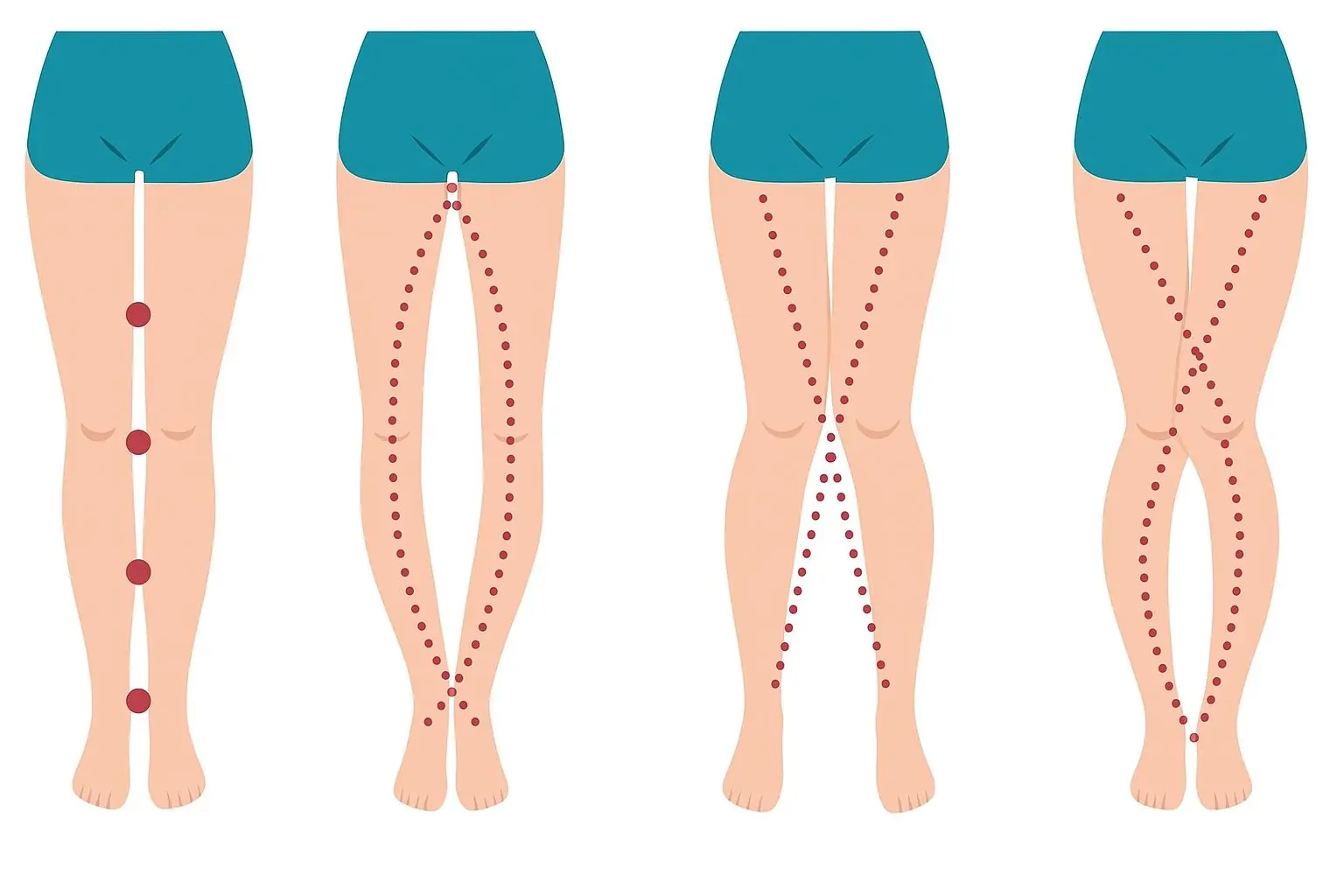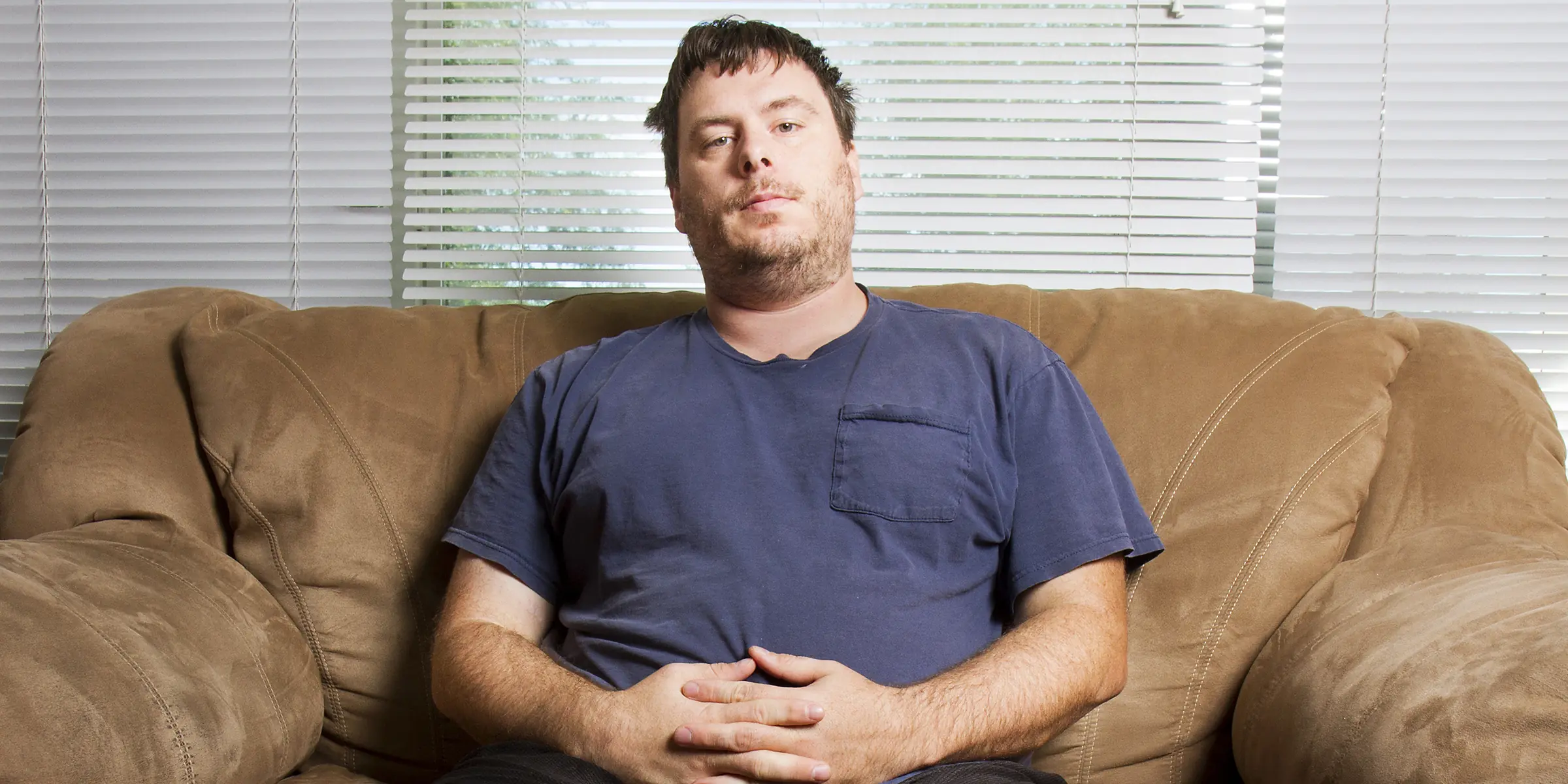
Here’s How to Go to Sleep Fast (in Under 1 Minute)
This simple exercise can help you sleep soundly and manage stressful situations more effectively. Promoted by Harvard-educated Dr. Andrew Weil, the breathing technique known as 4-7-8 is designed to change your body’s physiology and transform your state of mind. This yogic method could be one of the easiest, most affordable ways to find deep relaxation, even amidst your busy daily life, helping you to fall asleep faster and cope with stress in a healthier way.
4-7-8 Breathing Exercise – How to Perform It
Begin the exercise in a comfortable position: whether sitting, standing, or lying down. If you choose to sit, ensure your back is straight.
-
Place the tip of your tongue behind your upper front teeth and keep it there throughout the entire exercise.
-
Exhale fully through your mouth, making a whoosh sound.
-
Inhale silently through your nose for a count of 4.
-
Hold your breath and count to 7.
-
Exhale completely through your mouth, making the whoosh sound, and count to 8.
This completes one cycle. Repeat this process four times. Many people find they fall asleep even before completing the fourth cycle.
Note: The key is to maintain the ratio of 4-7-8 during each breath cycle. While your count may vary at first, the ratio should always remain the same. Start with a faster rhythm and gradually slow it down as you become more comfortable with the routine. The speed isn't as important as the ratio itself, which is what yields the relaxation benefits.
Dr. Weil recommends using this technique not only when you’re trying to sleep but also when you’re feeling stressed. It can help regulate your emotions, making your reactions to stressors more balanced. Dr. Weil advises practicing the technique at least twice daily, ideally once in the morning and again before bed.
Initially, perform four cycles per session. After about a month, you can gradually increase the number of cycles up to eight. As you continue practicing, it will become easier to integrate the technique into your daily life, even during stressful situations.
There are other natural methods that can help you fall asleep, such as consuming certain natural substances or incorporating foods that promote sleep. You can also explore 12 herbs known to aid insomnia.
How Does It Work?
When we're under stress or feeling anxious, the body produces excess adrenaline, causing our heart rate to increase and our breath to become shallow and fast. In some cases, we even hold our breath unintentionally, further escalating feelings of anxiety.
The 4-7-8 technique counters this by extending the inhalation phase, allowing for greater oxygen intake. When you hold your breath, the oxygen circulates throughout the body, and as you exhale slowly, you release carbon dioxide in a controlled manner. This process helps to slow the heart rate and can induce a state of light-headedness due to the sedative-like effect of the technique.
By activating the parasympathetic nervous system, which is responsible for relaxation, 4-7-8 helps to calm both the mind and body, making it easier to enter a state of relaxation and eventually sleep.
When to Use 4-7-8?
-
When trying to fall asleep.
-
If you wake up during the night and have trouble falling back asleep.
-
When you feel angry or irritated.
-
If you experience feelings of anxiety or fear.
-
Every time you need to unwind and relax.
Here’s a helpful video that walks you through the steps of performing the 4-7-8 technique:
Other Tricks to Fall Asleep When Your Mind Is Busy
We've all had nights where sleep just seems impossible. You lie awake in the dark, exhausted from a busy day, but your mind refuses to rest. Fortunately, there are several strategies you can try to help shift into sleep mode, even on those restless nights.
1. Create a Relaxing Pre-Bed Routine
The hours leading up to bedtime are often filled with activity and stress, making it hard for the body and mind to wind down. Taking time before bed to ease into sleep can make a significant difference. Set aside at least an hour for a relaxing routine that helps transition you from the chaos of the day to a peaceful night.
This can include activities like stretching, yoga, or meditation. Others may prefer a warm cup of chamomile tea or some calming music. Reading a book can also help prepare your mind for sleep by shifting your focus away from the stresses of the day and onto a fictional, soothing narrative. Whatever helps you relax, make it a part of your nightly ritual.
2. Monitor Your Substance Intake
Sometimes, it’s our daily habits that unknowingly rob us of a restful night. Caffeine, for example, is a well-known culprit of sleep disruption. If you consume caffeinated beverages later in the day, they can keep your mind alert well into the night.
If caffeine might be affecting your sleep, try limiting your intake after midday. Drinking water can help flush out caffeine from your system, or you could opt for foods rich in tryptophan, an amino acid known to promote sleepiness. Stay hydrated to further support your body’s natural processes.
3. Live in the Moment
In today’s fast-paced world, it's easy to become consumed by thoughts about the future. Constantly planning ahead or worrying about what’s to come stirs up anxiety, making it harder to fall asleep. Both positive and negative future-based thoughts can keep you in a state of restless worry.
Instead of focusing on what’s ahead, try to ground yourself in the present. Engage in mindful activities like deep breathing, counting sheep, or simply focusing on the sensations of your body. Try reminiscing about pleasant memories, but avoid anything stressful that could trigger more anxiety.
If your mind is racing and sleep eludes you, try writing a list of tasks for the next day. Organizing your thoughts can help clear your mind and reduce the mental clutter that keeps you awake.
If you still can’t sleep, get up from bed, go to a dimly lit room, and engage in a calming activity. This breaks the association between the bed and wakefulness, helping train your body to understand that the bed is a place for rest.
Many causes of sleep loss are preventable with the right habits. If you’ve tried these tips and still struggle to fall asleep, consulting a healthcare professional to rule out any underlying health conditions could be worthwhile.
For more tips and resources, check out these helpful articles:
-
Proven Foods to Help You Sleep or Make You Sleepy
-
Proven Essential Oils for Insomnia & Better Sleep
-
The Best and Worst Sleeping Positions for Your Health
Additional Resources
Stay informed and empowered in your journey to better sleep and wellness!
News in the same category


8 Risk Factors of Heart Failure to Look Out For

Astronaut Waves and Flips Camera to Shut Down Flat Earthers Once And For All

EXPERTS WARN ABOUT THE FIRST WARNING SIGNS OF LIVER DAMAGE OFTEN IGNORED

The cause of Alzheimer’s may lie within your mouth

If You Have Dark Eye Circles, Your Body May Be Trying to Warn You

Frozen in Time: The First Cryogenically Preserved Man Still Awaits Revival

Distracted? Your Phone Isn’t the Only Problem – Here’s Why

Foamy Urine: Here’s Why You Have Bubbles in Your Urine

When Knee Replacement Must Wait: Cartilage Restoration

Most Doctors Won’t Tell You, But This Can Cut Heart Attack & Stroke Risk By 80%

Skin Infections: What You Should Know

How Does Psoriatic Arthritis Affect Your Body?

Woman who ate local dish while traveling reveals it triggered painful disease that has no cure

Doctors Issue A Warning About Hot Showers That Might Change How You Bathe

My Mom's Simple Recipe That Banished Worms and Boosted Health – A Natural Remedy Worth Trying

What Your Legs Can’t Say, Your Vagina Can — The Truth About the Female Body Most People Don’t Know

Painful Red Bumps on Skin? It Might Be Dyshidrotic Eczema

Shocking Simulation Reveals The Effects Of Plucking A Hair From Your Skin

Scientists Discover Body’s ‘Kill Switch’ Capable of Destroying Cancer Cells
News Post

Trump Set to Sign Executive Order Abolishing Department of Education Which Was First Established in 1867

Exoplanet’s surface may be covered in oceans, James Webb Space Telescope finds

‘I have been researching death for 30 years. I am now convinced it is reversible’

8 Risk Factors of Heart Failure to Look Out For

Astronaut Waves and Flips Camera to Shut Down Flat Earthers Once And For All

EXPERTS WARN ABOUT THE FIRST WARNING SIGNS OF LIVER DAMAGE OFTEN IGNORED

The cause of Alzheimer’s may lie within your mouth

Brighten & Even Out Your Skin with These DIY Potato Skin-Whitening Remedies

Woman Demands Single Dad with Crying Baby Be Kicked Out of Café — One Year Later, Fate Reunites Them at a Job Interview.

If You Have Dark Eye Circles, Your Body May Be Trying to Warn You

No One Shows Up to Old Woman's Birthday Except a Courier with a Cake That Reads, 'We Know What You Did' – Story of the Day

Frozen in Time: The First Cryogenically Preserved Man Still Awaits Revival

Lady Gets Call from Hospital, Finds Out She Lost Her Loathed Sister and Got Two Newborn Nephews – Story of the Day
At a young age, Linda's older sister abandoned her in a group home. Years later, she is left to care for her young nephews, who face the same fate.

I Couldn't Understand Why My Mother-in-Law Hated Me until I Found Her Letters in My House's Attic – Story of the Day
During a visit to her mother-in-law, Macy endures relentless mocking of her cooking, appearance, and how she treats her husband. When she finally stands up for herself, she becomes the villain. However, an unexpected find in her father's house reveals rea

The Family Trip Was Going Well Until the Grandmother Said Her Step-Grandkids Weren't 'Real Family' — Story of the Day
Ellie had always known her mother was stubborn, but she never expected this. When Caroline called the stepkids “strangers” and refused to pay for their room on the family trip, Ellie realized this year would be different. Her mother had drawn a line

I Wanted to Introduce My Fiancée to My Family – But They All Backed Out After Seeing Her Photo
I was finally ready to introduce the woman I loved to my family, but their reaction left me stunned. One photo was all it took for everything to fall apart.

Am I Wrong for Banning My Wife's Parents from Watching Our Daughter Ever Again?
When Ethan returns from a weekend away, he learns his wife and in-laws have gone behind his back to secretly plan a ceremony for their daughter. What begins as a breach of trust spirals into a devastating reckoning about parenthood, partnership, and contr

My Boyfriend of 2 Years Didn't Want to Get Married Until He Learned I Was Inheriting a Three-Bedroom Apartment — So I Played Along
Patrick always told me we needed more time before moving in together. More time before getting engaged. More time before making any real commitment. But the second I inherited a fully paid-off apartment? He couldn't wait a second longer. And that's when I

I Grew Suspicious of My Husband After Giving Birth – Then I Accidentally Saw Why on the Baby Monitor
When Elodie's husband, Owen, starts acting distant after the birth of their son, she fears the worst. Sleepless nights and creeping doubts push her to uncover the truth, only to find something she never expected.

At Our Wedding Ceremony, My Fiancé Entered the Church with a Toddler Who Was His Spitting Image and Said, 'I Need to Tell You the Truth'
As I stood at the altar, the church doors swung open, and my fiancé walked in holding a little girl who looked exactly like him. With every guest watching, he met my eyes and said, "I need to tell you the truth," shattering everything I thought I knew ab